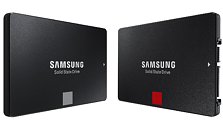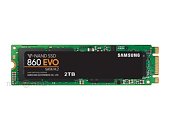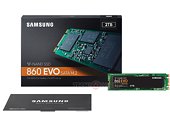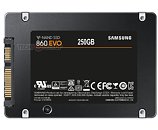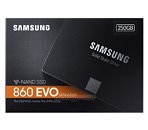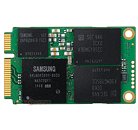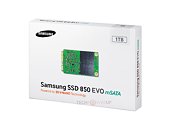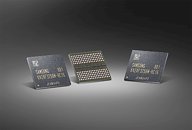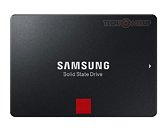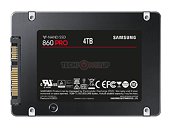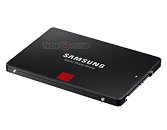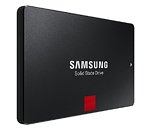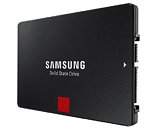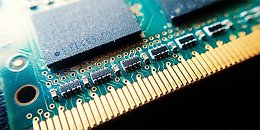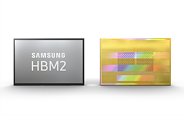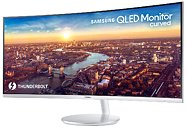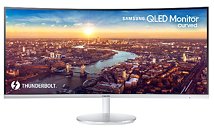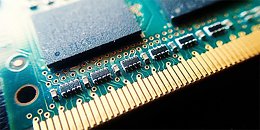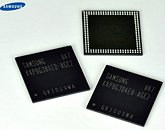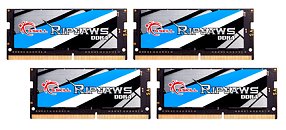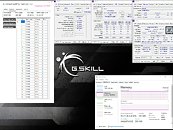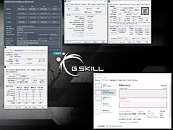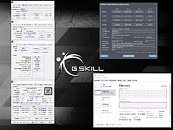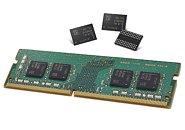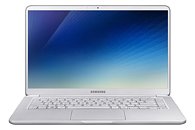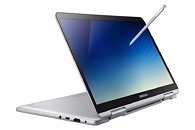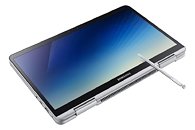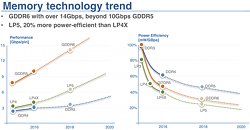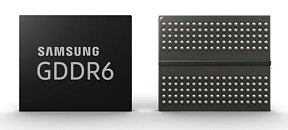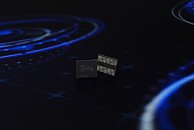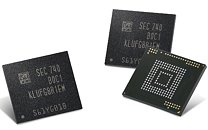
Samsung Officially Launches SSD 860 PRO and 860 EVO Series
Samsung Electronics America, Inc. today introduced the 860 PRO and 860 EVO solid state drives (SSDs), the most up-to-date additions to the company's SATA interface lineup. The products are aimed at consumers who require fast, reliable performance across various applications, from everyday computing to heavy workloads and graphic-intensive operations. Building on the successful launch of the 850 PRO and 850 EVO - the industry's first consumer SSDs with V-NAND technology - the 860 PRO and 860 EVO achieve industry-leading performance for SATA SSDs, offering enhancements in speed, reliability, compatibility and capacity.
"The new 860 PRO and 860 EVO SSDs combine the latest 512Gb and 256Gb 64-layer V-NAND, up to 4GB LPDDR4 mobile DRAM and a new MJX controller to elevate the user experience for both consumers and businesses," said Un-Soo Kim, senior vice president of Brand Product Marketing, Memory Business at Samsung Electronics. "Samsung will continue to fuel meaningful innovations in the consumer SSD space and drive growth of the overall memory industry for years to come."
"The new 860 PRO and 860 EVO SSDs combine the latest 512Gb and 256Gb 64-layer V-NAND, up to 4GB LPDDR4 mobile DRAM and a new MJX controller to elevate the user experience for both consumers and businesses," said Un-Soo Kim, senior vice president of Brand Product Marketing, Memory Business at Samsung Electronics. "Samsung will continue to fuel meaningful innovations in the consumer SSD space and drive growth of the overall memory industry for years to come."
